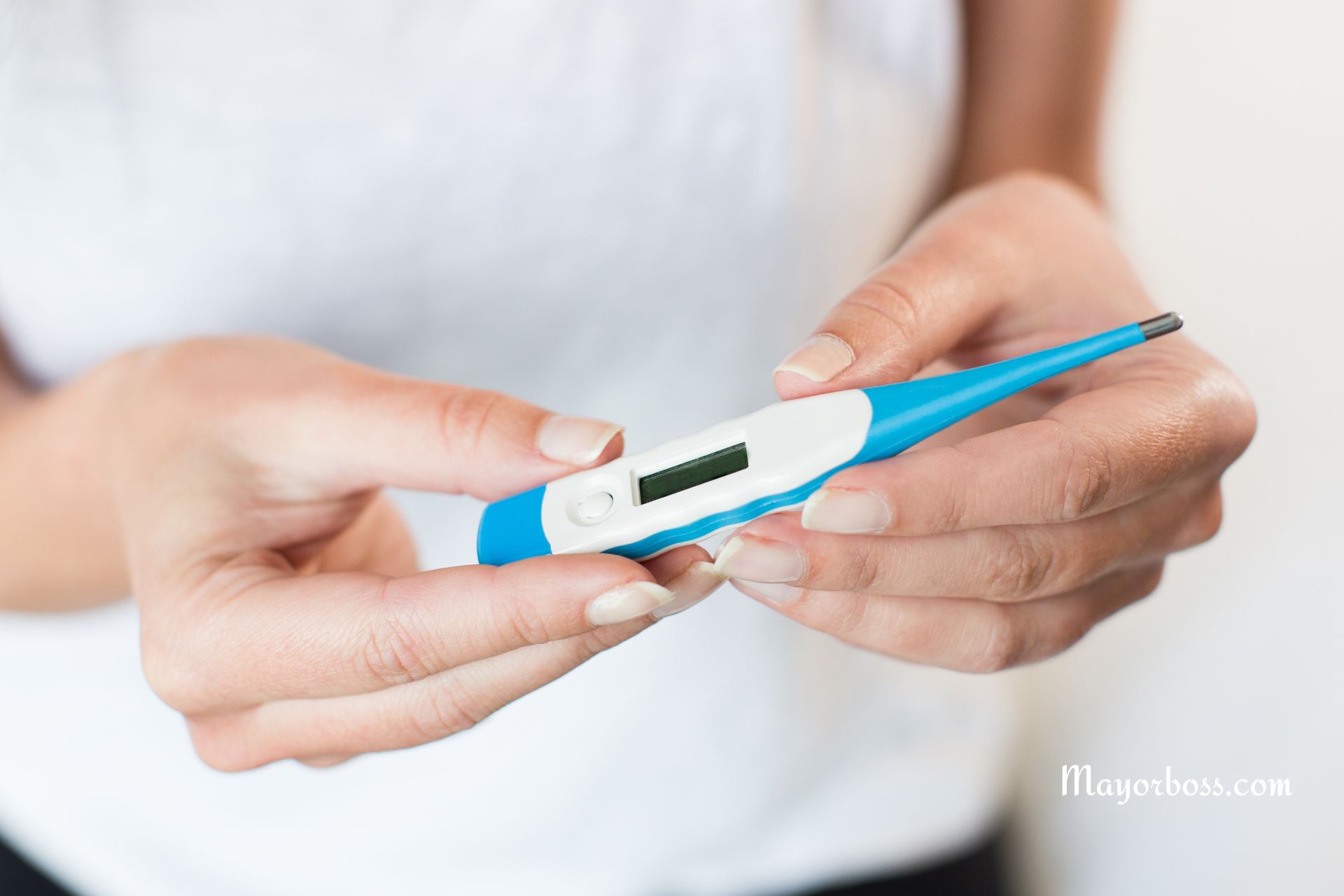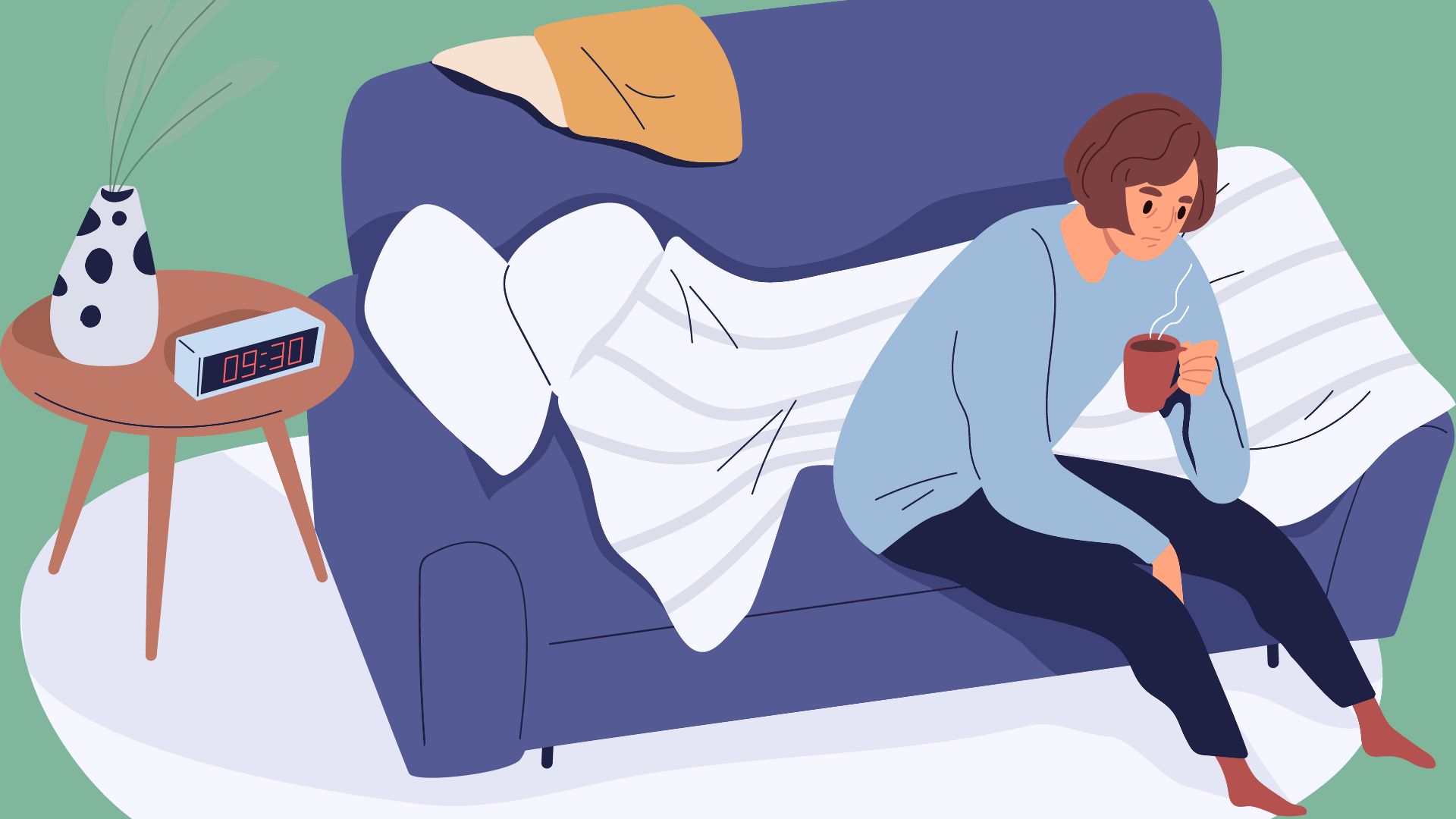Why Does Body Temperature Fluctuate Throughout the Day?
Have you ever wondered why your body temperature seems to change at different times of the day? It’s a fascinating aspect of how our bodies work. Fluctuations in body temperature are a normal part of our body’s physiology and can be influenced by various factors. Let’s take a close look at the reasons behind these changes and understand what they mean for our health.

What Causes Daily Variations in Body Temperature?
Your body temperature doesn’t remain constant throughout the day. Here are some key factors that cause these variations:
- Circadian Rhythms: Your body follows a natural 24-hour cycle known as the circadian rhythm. This cycle affects your body temperature, which typically dips in the early morning hours and peaks in the late afternoon or early evening.
- Physical Activity: When you’re active, your muscles generate heat, which can raise your body temperature. Conversely, when you’re resting or sleeping, your body temperature tends to decrease.
- Environmental Temperature: External temperatures can affect your body’s internal temperature. Hot weather can increase your body temperature, while cold weather can lower it.
- Hormonal Changes: Hormones, especially in women, can influence body temperature. For instance, during the menstrual cycle, body temperature may rise slightly after ovulation.
- Age: Infants and older adults may have more fluctuations in body temperature due to differences in metabolic rate and the body’s ability to regulate temperature.
Understanding the Normal Range of Body Temperature
It’s essential to know what’s considered a normal body temperature range:
- The average body temperature is about 98.6°F (37°C), but it can range from 97°F (36.1°C) to 99°F (37.2°C).
- Body temperature below 97°F or above 99°F doesn’t necessarily indicate illness unless accompanied by other symptoms.
When Should You Be Concerned?
Pay attention to these signs:
- Persistent Fever: A body temperature consistently above 100.4°F (38°C) may indicate an infection or illness.
- Hypothermia: A body temperature below 95°F (35°C) is a medical emergency and requires immediate attention.
- Other Symptoms: If changes in body temperature are accompanied by symptoms like fatigue, sweating, or chills, you should consult a healthcare professional.
Tips for Maintaining a Healthy Body Temperature
Here are some steps you can take to help regulate your body temperature:
- Stay Hydrated: Drink plenty of fluids to help regulate your body temperature.
- Dress Appropriately: Wear clothing suitable for the weather conditions.
- Manage Your Environment: Use heating or cooling as necessary to maintain a comfortable environment.
- Stay Active: Regular exercise can help regulate your body temperature and improve your overall health.
Frequently Asked Questions
Is it normal for body temperature to fluctuate during the night?
Yes, it’s normal for your body temperature to drop during sleep as part of your circadian rhythm.
Can stress affect body temperature?
Stress can lead to a temporary increase in body temperature due to the release of stress hormones.
Are there any health conditions that cause abnormal fluctuations in body temperature?
Yes, conditions like thyroid disorders, infections, and hormonal imbalances can cause unusual fluctuations in body temperature. If you notice persistent changes, it’s important to seek medical advice.






